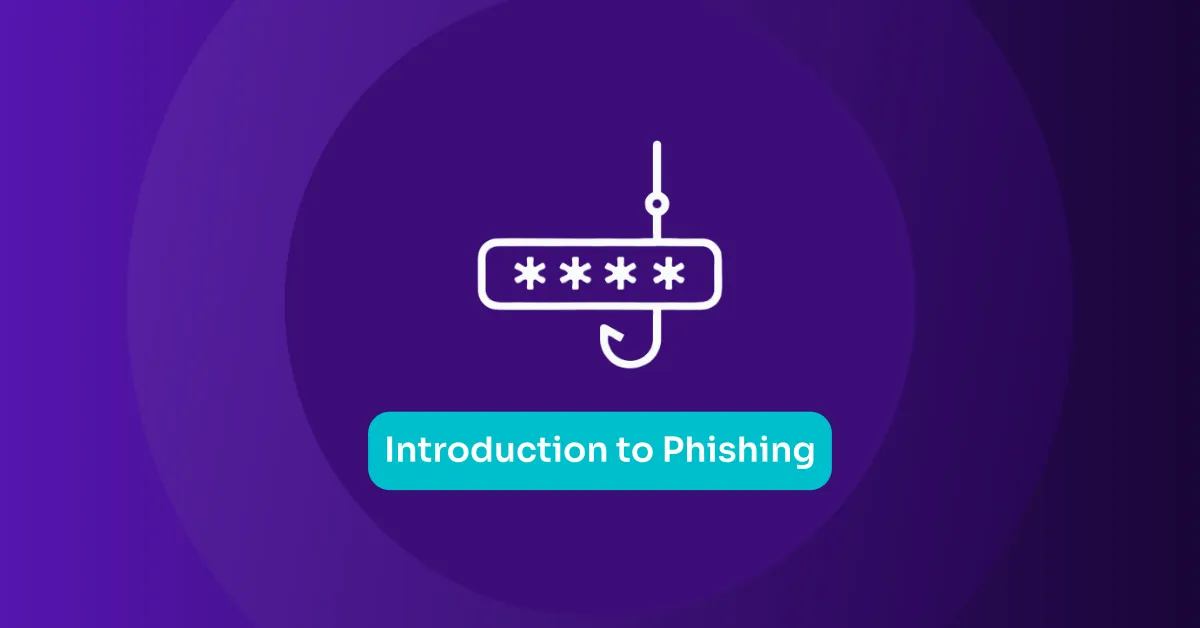
Oct 26, 2023
Mentorship Programs: A Crucial Element in Retaining Cybersecurity Talent
Discover how mentorship programs can aid cybersecurity skills development and retention of cybersecurity talent.
In an era of exponential technological growth, safeguarding digital assets has become a priority for organizations worldwide. As cyber threats continue to evolve, the demand for skilled cybersecurity professionals has skyrocketed. However, hiring the right talent is only half the battle. Retaining these experts has proven to be an even more significant challenge for many companies. One powerful tool to address this issue is mentorship programs.
The cybersecurity talent gap
Before delving into the significance of mentorship, it’s crucial to understand the talent landscape. According to industry reports, there is a widening gap between the demand for and supply of cybersecurity professionals. As cyber threats grow in sophistication, there’s a persistent need for experienced professionals who can tackle these challenges. Unfortunately, the pool of talent equipped to handle these demands isn’t growing at the desired pace.
Why mentorship matters
Experienced professionals, with their treasure trove of tried-and-true methods, offer invaluable guidance to newcomers. Conversely, these fresh faces, often well-acquainted with the latest technologies and approaches, bring new perspectives to the table, ensuring that innovation and tradition merge seamlessly.
However, mentorship extends beyond mere knowledge exchange. A mentor plays a pivotal role in sculpting a mentee’s professional journey. Through consistent dialogues, tailored goal-setting, and insightful feedback, they create a comprehensible path for the mentee’s skill enhancement and career advancement.
The benefits of a mentor are not just confined to their expertise. Their vast networks, honed over years, can serve as a gateway for the mentee. This offers a goldmine of opportunities, from career advancements to collaborative projects.
Ultimately, the essence of mentorship lies in its capacity to nurture. In the challenging realm of cybersecurity, a mentor-driven supportive environment becomes a haven. Here, professionals not only grow but also feel valued and impactful. Such a milieu, where there’s a palpable sense of purpose and belonging, invariably amplifies job satisfaction.
How mentorship contributes to retention
- Reducing burnout: The cybersecurity field is notoriously high-pressure. Professionals are often on the frontline, defending against breaches and threats. This constant vigilance can lead to burnout. A mentor, having faced similar challenges, can offer coping strategies, ensuring the longevity of the mentee’s career.
- Building loyalty: When an organization invests in its employees’ growth, the employees are more likely to reciprocate with loyalty. By establishing mentorship programs, companies signal that they care about their employees’ professional development.
- Tailored growth paths: With a mentor’s guidance, employees can carve out a growth path tailored to their strengths and interests. This personalization makes it less likely for them to seek opportunities elsewhere.
Implementing effective mentorship programs
For mentorship to be a successful retention tool, it can’t be an afterthought. Here are some best practices for setting up an effective mentorship program:
1. Voluntary participation
At the core of any mentorship program lies the genuine will to share and learn. Both mentors and mentees should be part of the program out of genuine interest. Forced pairings can lead to disengagement and resentment. By promoting the benefits and outcomes of the program, organizations can encourage voluntary sign-ups.
2. Matching criteria
Not all pairings are made equal. To ensure that mentors and mentees are well-matched, consider factors like professional interests, goals, personalities, and even communication styles. Sometimes, a mentee might benefit more from someone who’s been in their shoes recently, while others might prefer a mentor with vast, long-term experience.
3. Training for mentors
Being a subject matter expert doesn’t automatically translate to being a good mentor. Soft skills such as active listening, giving constructive feedback, and patience are crucial. Consider offering workshops or training sessions to hone these mentoring skills.
4. Defined objectives and milestones
A mentorship without direction can lose its essence over time. Setting clear objectives at the outset—like skill development, project completion, or career growth targets—provides a roadmap. Periodic milestones can help track progress and ensure that both parties remain engaged and find value in the relationship.
5. Regular check-ins and feedback loop
Consistency is the key. Scheduled check-ins, whether monthly or quarterly, provide a platform for open dialogue. This consistent communication ensures that any challenges faced are promptly addressed. Additionally, having a structured feedback mechanism for both mentors and mentees helps organizations refine the program over time.
6. Diverse mentoring formats
Recognize that one size doesn’t fit all. Some pairs might prefer a formal, structured approach, while others might thrive in a more casual setting. Some might benefit from group mentorship sessions, and others from one-on-one interactions. Offering a variety of formats can cater to diverse needs.
7. Duration and transition
Define the duration of the mentorship relationship. Whether it’s for a few months or a year, setting an end date can help in reviewing achievements and deciding the next steps. After the formal mentorship period concludes, facilitate a smooth transition. This might mean pairing the mentee with another mentor for advanced learning or encouraging the mentee to become a mentor themselves, continuing the cycle of knowledge sharing.
8. Celebrate successes
Recognize and celebrate the accomplishments of mentor-mentee pairs. Whether it’s mastering a new skill, completing a challenging project, or achieving a career milestone, acknowledgment boosts morale and showcases the tangible benefits of the mentorship program.
By keeping these guidelines in mind and continually iterating based on feedback, organizations can set up mentorship programs that not only uplift individual careers but also bolster the entire organizational framework.
Conclusion
In the intricate web of cybersecurity, human talent remains the most valuable asset. While technology, tools, and tactics evolve, it’s the people behind the scenes who make the difference. Mentorship programs, when executed correctly, not only help in upskilling the workforce but also play a pivotal role in retaining talent. As cybersecurity challenges continue to grow, organizations should recognize mentorship as a crucial element in their retention strategy.
Stay in the know: Become an OffSec Insider
Get the latest updates about resources, events & promotions from OffSec!
Latest from OffSec

Research & Tutorials
CVE-2024-12029 – InvokeAI Deserialization of Untrusted Data vulnerability
CVE-2024-12029: A critical deserialization vulnerability in InvokeAI’s /api/v2/models/install endpoint allows remote code execution via malicious model files. Exploit risk for AI art servers.
Jul 17, 2025
0
Research & Tutorials
What is Phishing? Introduction to Phishing Demo (for Beginners)
Learn how phishing attacks work and how to spot them. Watch OffSec’s animated video to protect yourself from scams, spoofed sites, and social engineering.
Jul 15, 2025
2 min read

Research & Tutorials
CVE-2025-27636 – Remote Code Execution in Apache Camel via Case-Sensitive Header Filtering Bypass
Discover the critical Apache Camel vulnerability (CVE-2025-27636) that allows remote code execution via case-sensitive HTTP header manipulation in the exec component. Learn how attackers exploit this flaw and how to mitigate it.
Jul 10, 2025
2 min read